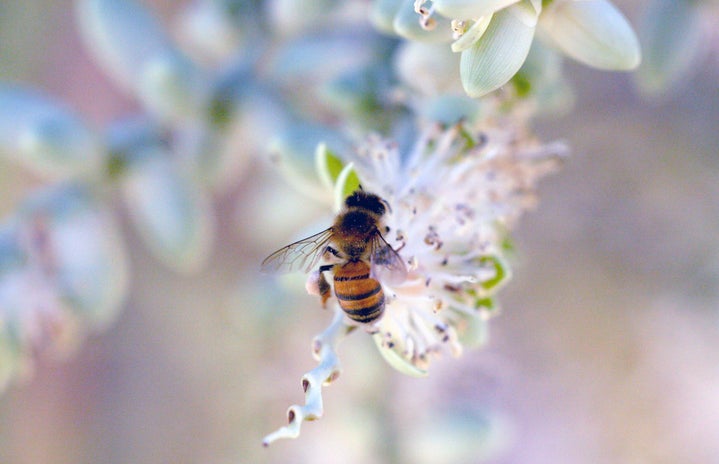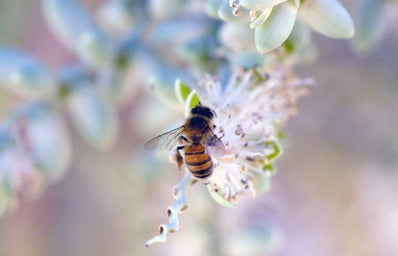Autism Acceptance Month is not just about bringing awareness to what autism is, but about learning how to promote the acceptance of autistic individuals in social, policial, and economic parts of life. For the month of April, we are highlighting three amazing austic women who are making a difference in their communities and who exemplify what it means when communities are not just aware of autistic individuals, but accept them for who they are and the ground-breaking things they can do.
Morénike Giwa-Onaiwu
Morénike Giwa-Onaiwu is an ausitic African-American educator, writer, and HIV and autism advocate. She is an executive board member for a variety of organizations such as the Women’s HIV Research Collaborative and the ACTG Community Scientific Committee, and has founded organizations such as Positive Playdates that works to provide aid to HIV affected families. Giwa-Onaiwu has written numerous publications such as Neurodiversity En Noir: A Collection of Black Neurodiverse Voices and focuses on themes of acceptance and inclusion throughout her work. Giwa-Onaiwu is also a public speaker who has been invited to present at the White House and the United Nations Headquarters. Her work here centers around uplifting and empowering the voices of marginalized and disabled communities.
Greta Thunberg
At only 15 years old, Swedish activist Greta Thunberg became a highly prolific and recognizable figure for climate change and environmental justice. Thunberg has been diagnosed with Asperger’s Syndrome, which she calls a superpower rather than a limitation and claims has helped her in her advocacy work. Now, at 18 years old, Thunberg has been nominated for the Nobel Peace Prize for three years in a row, has almost 15 million followers between Instagram and Twitter, and is the youngest person ever to be included in Time Person of the Year for her impact and work that has been felt on an international level.
Mary Temple Grandin
Mary Temple Grandin is a scientist, writer, autism advocate, and an activist for the humane treatment of livestock. Grandin is accredited for being one of the first adults to share in public that she was autistic in her books such as Thinking in Pictures where she documents her understanding of autism and how it impacts her perception of the world. Grandin has been named one of the most influential people in the world by Time magazine and has been represented in a variety of documentaries and movies such as Temple Grandin on HBO that centers on how her work has revolutionized how livestock are treated.



